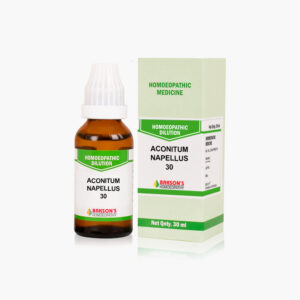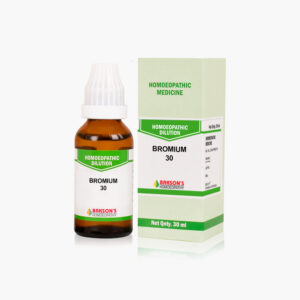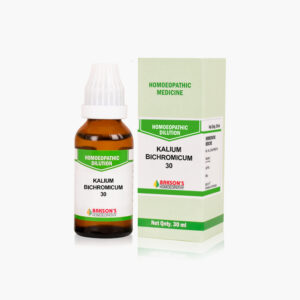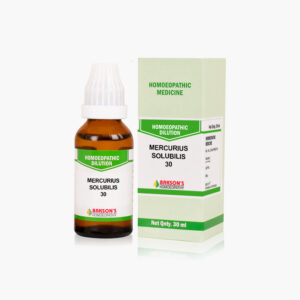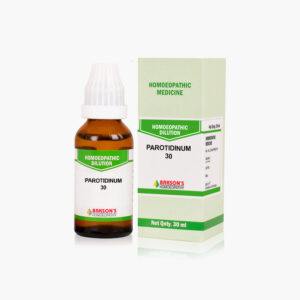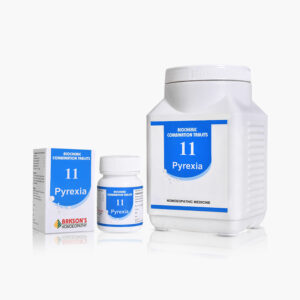What are Mumps?
Mumps is an infection caused by a virus and spread human-to-human via direct contact or by airborne droplets. It is sometimes called infectious parotitis. The disease affects the salivary glands primarily.
Mumps occurs worldwide, with 500,000 cases reported on average annually.
Causes
Mumps is caused by the Rubulavirus and a member of the paramyxoviridae family. The majority of the cases are seen in late winter and early spring. Risk factors include immunodeficiency, international travel and lack of vaccination.
The mumps virus is highly infectious and is transmitted through direct contact with respiratory droplets, saliva and household fomites.
Sign and symptoms
Mumps generally affects children between 5-9 years of age. The incubation period of the disease is from 7 to 21 days. The prodromal symptoms of mumps include fever, headache, and myalgia. Mumps parotitis is the most common presentation and is characterized by bilateral parotid swelling between the area of earlobe and angle of the mandible. The inflammation usually subsides in a week. Mumps during pregnancy may lead to premature birth, low birth weight and foetal malformation.
Complications of mumps
The complications of mumps can be-
- Orchitis (manifests as unilateral painful swelling, enlargement and tenderness of testes)
- Meningitis
- Deafness
- Encephalitis
Diagnosis
Clinical observation and laboratory investigations are helpful in confirming the diagnosis of mumps. Laboratory techniques used are RT-PCR (Reverse transcriptase- polymerase chain reaction) and Serum IgM antibodies.
General management
Mumps typically resolve on its own. General management includes treatment for each compressing symptom like cold/war compression for parotid swelling, elevation and cold compression for testicular swelling. Also, medications must be used for the symptomatic relief only after consulting a physician. A common practice is to administer the mumps vaccine as a part of trivalent MMR (Measles-mumps-rubella) vaccine.
Warning: Above information provided is an overview of the disease, we strongly recommend a doctor’s consultation to prevent further advancement of disease and/or development of complications.
Disclaimer: The information provided herein on request, is not to be taken as a replacement for medical advice or diagnosis or treatment of any medical condition. DO NOT SELF MEDICATE. PLEASE CONSULT YOUR PHYSICIAN FOR PROPER DIAGNOSIS AND PRESCRIPTION.



 Login
Login

